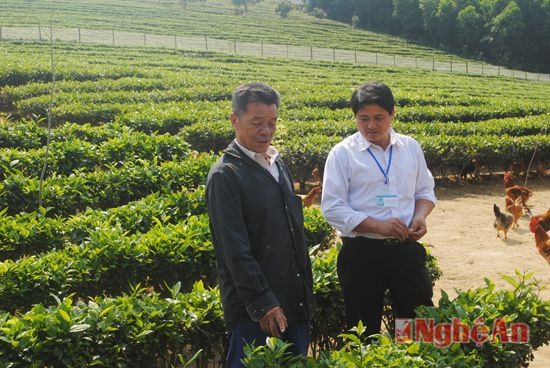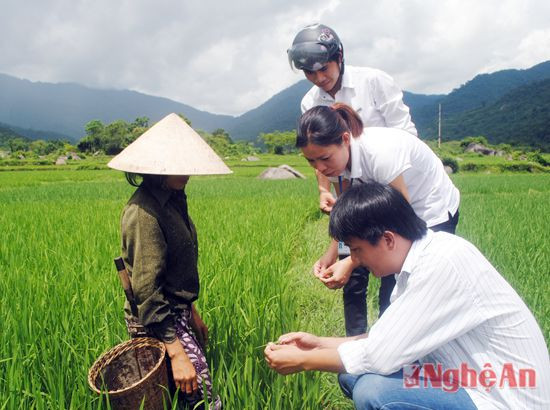Livelihood status and human resource development in ethnic minority areas
Recently, the Committee for Ethnic Minorities (CEMA) organized a Workshop to contribute comments on the Report on the results of the investigation of the Project "Investigation of the livelihood status of ethnic minorities resettled in hydropower projects in ethnic and mountainous areas" and the Basic Investigation Report "Investigation, research, identification of needs and appropriate types of training to improve the quality of ethnic minority human resources in the Northwest region".
At the workshop, the reporters presented the above two reports. Accordingly, in recent years, our country has built many hydroelectric plants in mountainous areas, areas with a large number of ethnic minorities living in order to meet the requirements of socio-economic development of the country.
Along with the construction of hydropower plants, the resettlement of ethnic minorities is a concern of the Party and the State, of leaders at all levels, of sectors, of policy makers to bring a good life to people when they have to move from their old place of residence to resettle in a new place. In addition to the achieved results, there are also certain limitations in terms of environment and especially ensuring livelihoods for ethnic minorities resettled in hydropower projects in ethnic minority and mountainous areas.
 |
| Tea trees grown in the Thanh Chuong resettlement area bring a significant source of income to the people. Photo: Xuan Hoang |
Considering the implementation of each policy in this strategy, we see that there are both positive and negative aspects. However, in mountainous, remote and isolated areas, the rate of re-illiteracy is still high, and the number of students dropping out of school is still high, especially female students from poor families. Some ethnic minorities have not yet graduated from high school. The qualifications of the leadership and management staff in ethnic minority areas are still low, not meeting the socio-economic development requirements of the localities.
Regarding the work of training and improving the quality of human resources in ethnic minority areas, the reality over the past years has shown that the Party's strategy on building, training, fostering and developing human resources in ethnic minority areas has achieved positive results. The contingent of ethnic minority cadres has gradually developed in both quantity and quality, playing a great role in socio-economic development, strengthening national defense and security in mountainous areas and ethnic minority areas.
 |
| Agricultural officers go to the fields to instruct farmers on how to prevent pests and diseases on rice in Que Phong. Photo: Xuan Hoang |
At the Workshop, delegates contributed their opinions to the two Investigation Reports, focusing on a number of contents: Need to have a macro vision for the two projects; exploit the strengths of the region, orient policies to support the strengths of the people; livelihoods to ensure food security, ensure job creation and production development; how to change the labor structure and production appropriately; solve cultural issues, labor and employment issues
Speaking at the workshop, Deputy Minister and Vice Chairman of the Committee for Ethnic Minorities Phan Van Hung highly appreciated the opinions of the delegates from many angles and dimensions. The Deputy Minister and Vice Chairman requested the unit in charge of the two projects to absorb the opinions of the delegates to complete the Investigation Results Report of the two projects.
The Deputy Minister also emphasized the need to clarify the overview of human resources; utilize data from existing sources, invite experts with in-depth understanding of the fields of the investigation, to have a more multi-dimensional and in-depth view; clarify the contents, focus more on the contents and keywords of the topic and project; propose recommendations and solutions of a policy nature. Complete the project to have good products to serve the construction and planning of ethnic policies.
TV(Synthetic)






